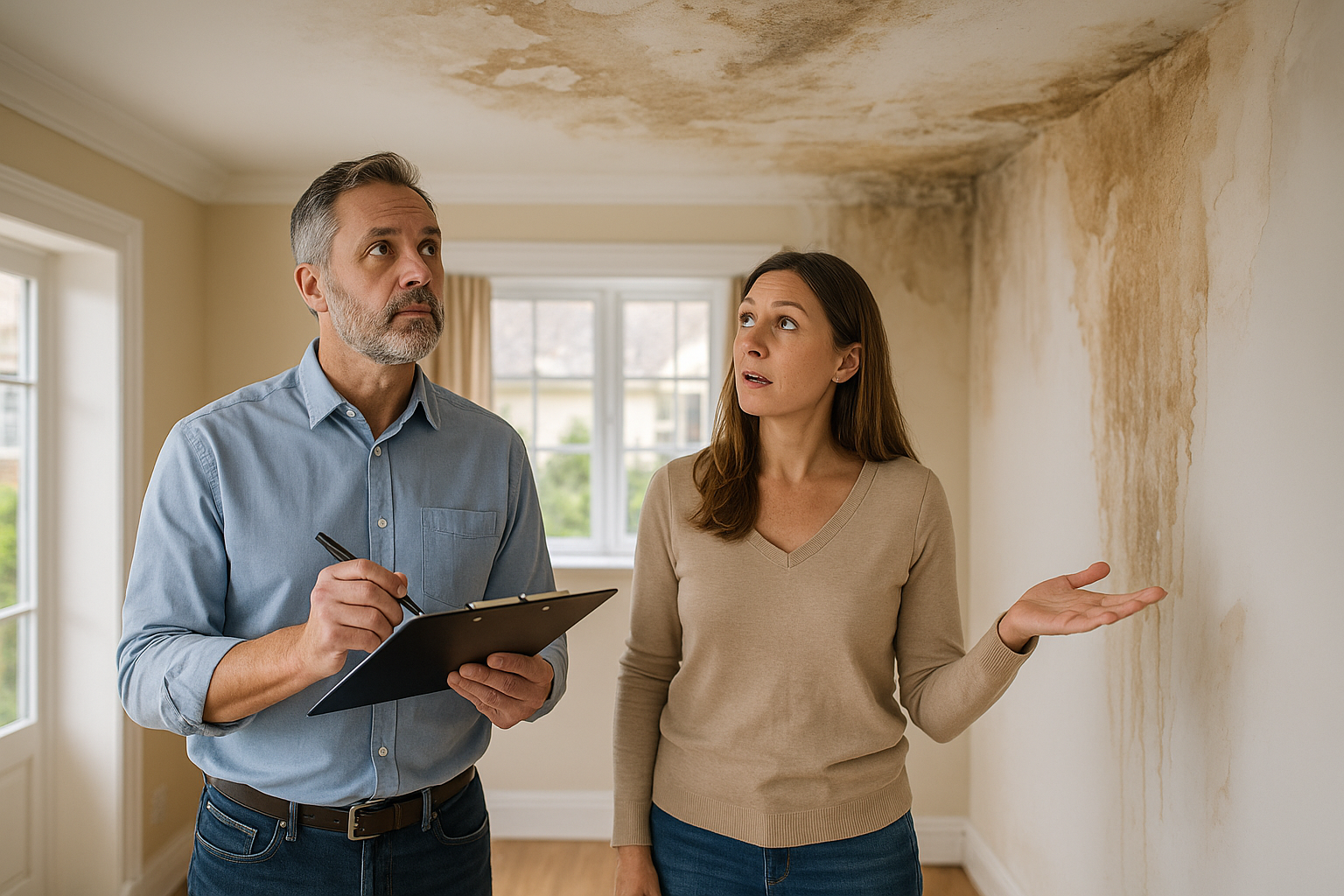New England insurance insights, June 2025
When a roof caves under heavy snow or a kitchen fire rips through a condo, the scramble to secure family, belongings, and temporary housing is stressful enough. Add dozens of policy pages and an insurance adjuster whose job is to protect the carrier’s bottom line, and many property owners quickly feel outmatched. That imbalance is precisely why public adjusters exist.
What Exactly Is a Public Adjuster?
A public adjuster is a state-licensed advocate who represents policyholders—not insurance companies—through every step of a property-damage claim. Their work ranges from measuring smoke residue in attics to parsing depreciation tables buried deep in policy endorsements. Because they charge a contingency fee only after the claim pays, their motivation is simple: document every covered loss and negotiate every justified dollar on the insured’s behalf.
Three Reasons New Englanders Turn to Public Adjusters
1. Technical expertise
Public adjusters know where coverage hides—matching-siding clauses, ordinance-and-law add-ons, additional living expense riders—items a rushed carrier adjuster might miss.
2. Time savings
Between moisture-mapping, contractor walk-throughs, and insurer calls, a complex claim can devour 40–60 hours. A public adjuster shoulders that burden, freeing owners to rebuild life, not paperwork.
3. Measurably higher settlements
Multiple industry studies show policyholders represented by public adjusters recover significantly more than those who go it alone—often enough to bridge gaps in repair budgets and code-upgrade costs.
A Quick Tour of State Rules
-
Massachusetts – The Division of Insurance’s model contract caps fees at 10 percent of the final recovery and bars adjusters from taking money upfront. primeadjustments.comagencychecklists.com
-
Rhode Island – Adjusters may not collect any fee until the claim settles and are prohibited from kickbacks or referral payments that could cloud their impartiality. law.cornell.edu
-
Connecticut – Recent legislation echoes longstanding rules: no fee if an insurer offers policy limits within 30 days and compensation must be based solely on proceeds actually received. law.justia.com
Each state publishes an online license lookup; before signing, confirm your adjuster’s credentials and disciplinary history.
Choosing the Right Advocate
Verify the license. Every adjuster should provide a state license number; a two-minute search on the MA, RI, or CT DOI website confirms it’s active.
Ask about similar claims. An adjuster who routinely handles coastal wind losses may not be the best fit for a boiler explosion downtown.
Request references. Reputable professionals will share past clients willing to vouch for communication and results.
Final Thought
Insurance companies arrive with their own experts. Having a credentialed professional on your side simply balances the equation. A public adjuster’s fee represents a slice of a settlement that might never materialize without meticulous documentation and firm negotiation—a trade many New England homeowners consider well worth the cost when the smoke clears or the floodwater drains.
This article is for informational purposes only and does not constitute legal advice. Always consult a licensed professional for guidance tailored to your specific situation.




